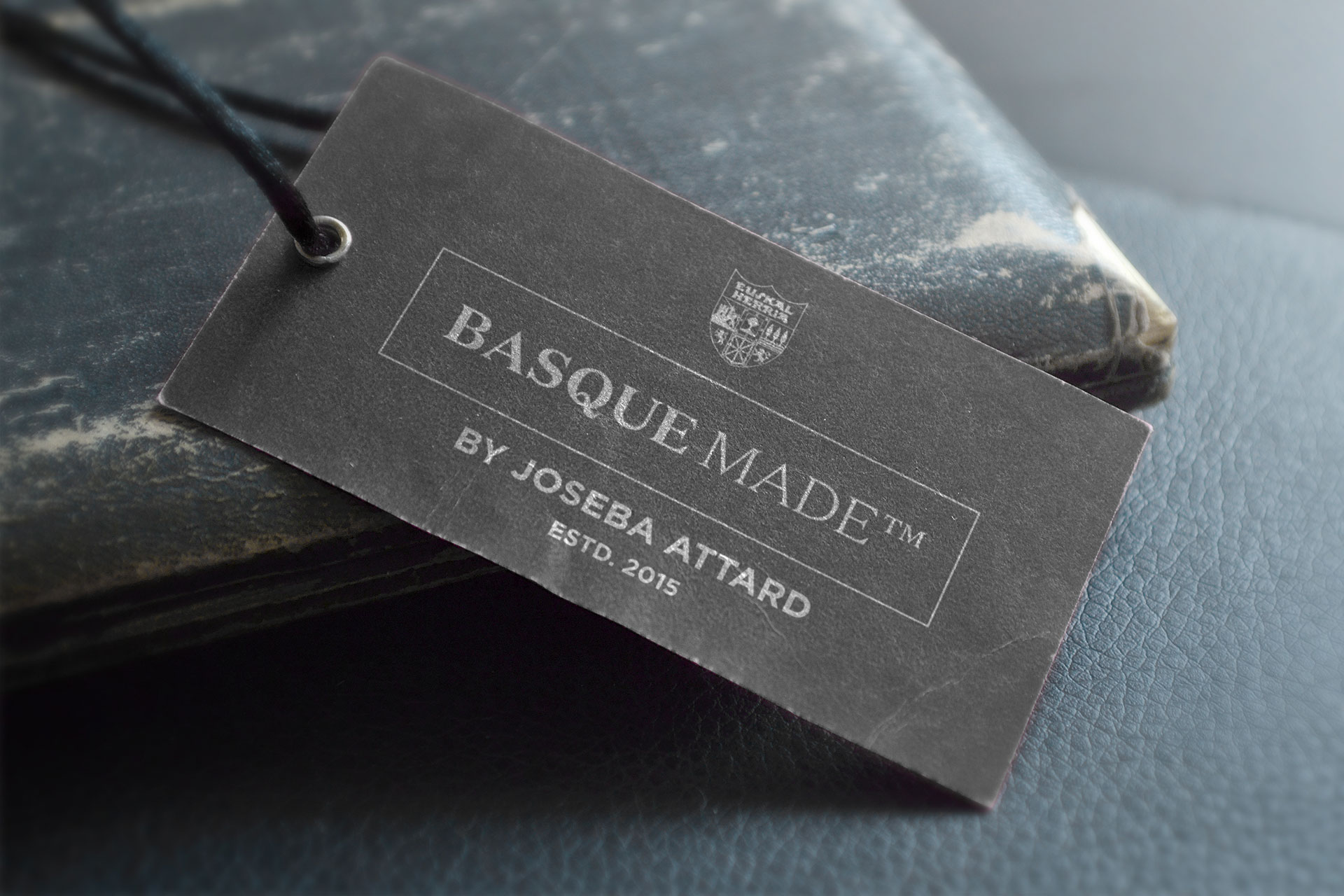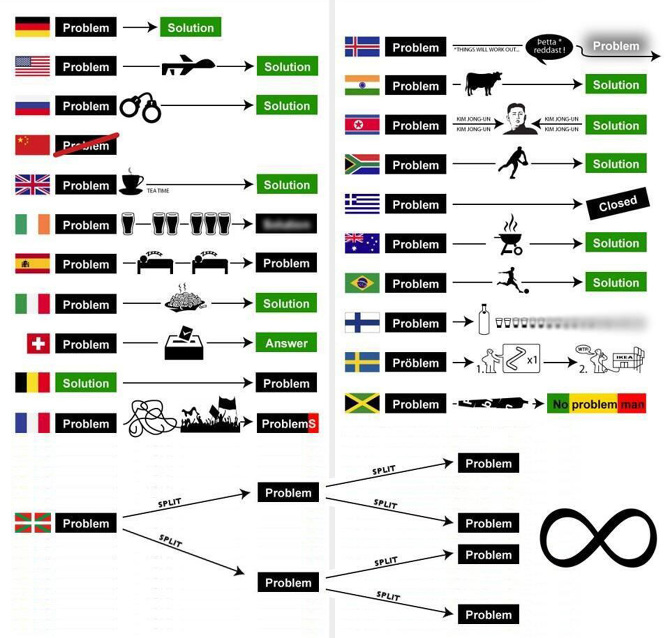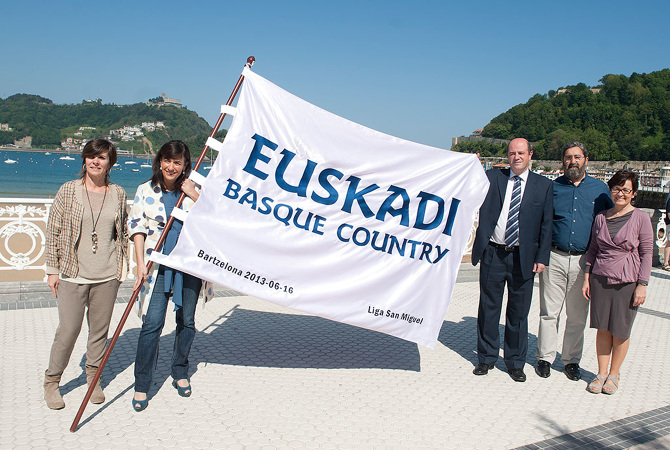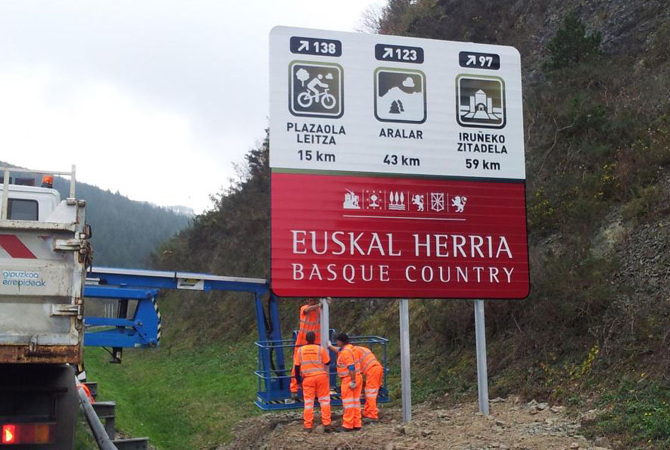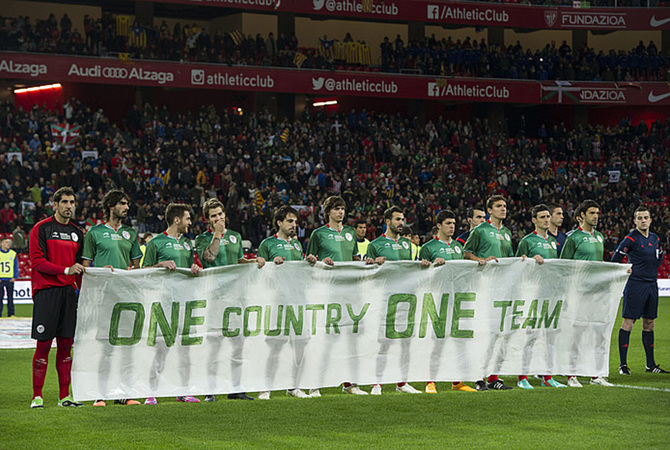Basque made
Nation branding
During the 20th Century, many brands adopted the “Made in…” label, taking advantage of the reputation earned by the country of origin, to give their own companies a competitive edge. The danger with this approach however, is that brand strength is at the mercy of a country’s reputation – something that is out of our control and that fluctuates with changing political tides.
Commercially today, brands are strategically more apprehensive. Apple for example, state on their products that they are “Designed by Apple in California, Assembled in China.” The country of origin and the brains behind the product are clear, but Apple relinquishes responsibility for assembly to a country with a reputation for poor build quality. In effect, they are saying “our products are great, but if they break, it’s not our fault.” China has a tough challenge to turn the tables on this long-standing negative association, as they seek to climb the global Country Brand Index.
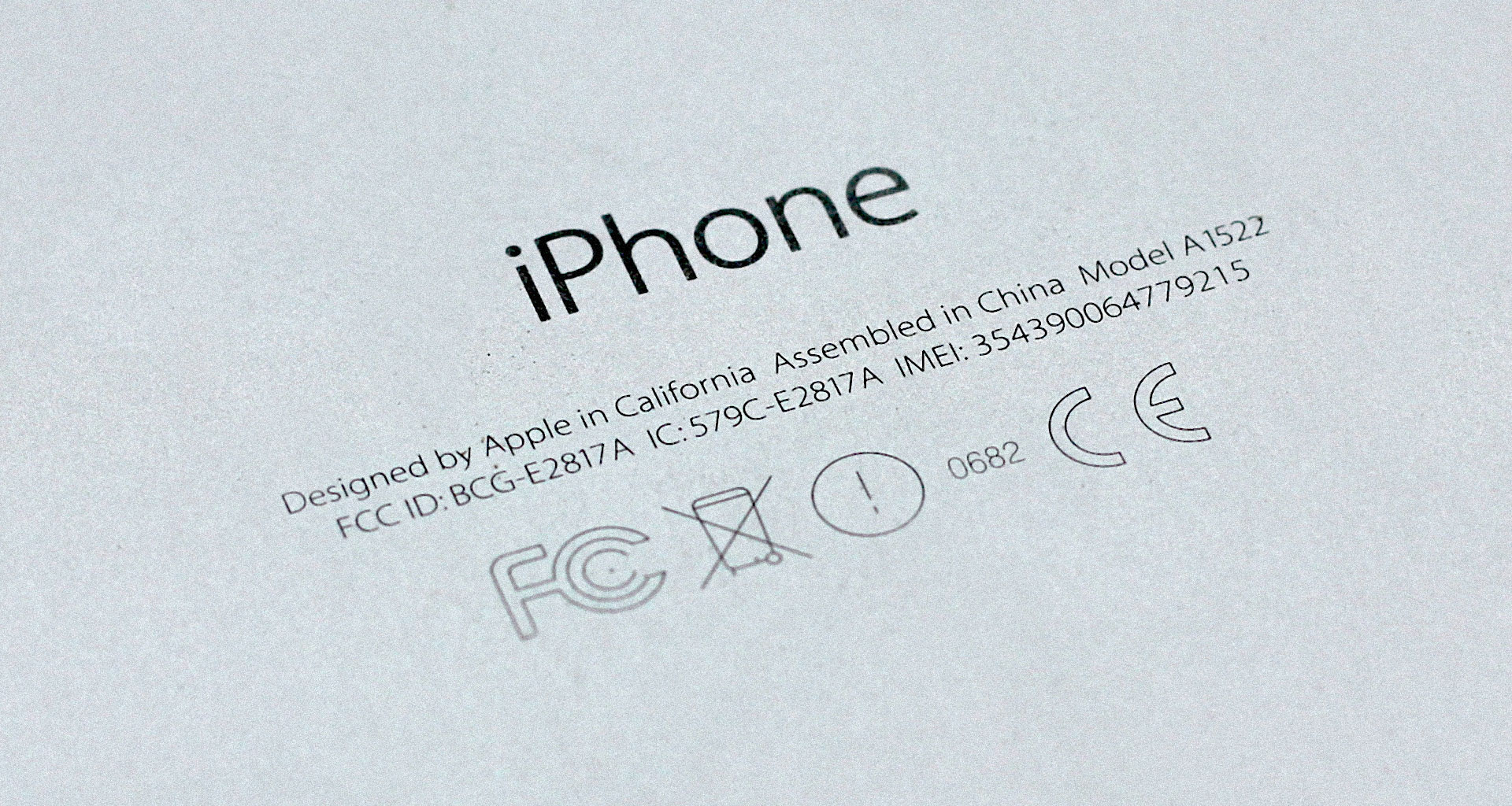
”Defining the country of origin or the meaning of ‘made in’ with a view to creating associations and trust at the consumer level, has become critical.
Futurebrand
Basque nation branding - a naming problem
Country stereotypes are common, and depending on how sensitive you are, they can be quite humorous. A church pastor once described Heaven and Hell as follows:
“Heaven is where the police are British, the lovers are French, the mechanics are German, the chefs are Italian, and it is all organized by the Swiss. Hell is where the police are German, the lovers are Swiss, the mechanics are French, the chefs are British, and it is all organized by the Italians.”
In 2014, this image cropped up on Twitter, showing how different countries tackle problem solving and the Basque approach at the bottom caught my eye:
According to the Basque Government Tourism website, “The Basque Country is a land of people always looking for something new, whose work is characterised by creativity, innovation and the power of a job well done.”
This is reflected in history as well as industrial productivity, where Basque provinces boast the highest levels of GDP in Spain. Basque people are also known for their honesty and the Spanish phrase “palabra de Vasco” (a Basque’s word), is the verbal equivalent of a binding legal agreement.
These are great personality traits that add value to the Basque nation brand. However, the Basque Country’s name also needs to be clearly defined, firstly in Euskara (Basque language) but also in a way that foreigners can understand. At present, the name is a stubborn bone of contention, determined largely by a person’s political allegiance. Examples include: Euskal Herria, Euzkadi, Euskadi, Nafarroa (ancient kingdom, not province), Vasconia, País Vasco, Pays Basque, Euskal Autonomia Erkidegoa-Comunidad Autónoma Vasca…and the list goes on.
The Basque government (EAJ-PNV party majority) have launched various marketing campaigns using the name “Euskadi Basque Country” in order to strengthen national identity. However, many Basque nationalists prefer the all-encompassing “Euskal Herria” (literally both “Basque nation/country”). And so a naming feud is played out. Flags are printed and road signs installed, only to come down again with each election change. Meanwhile, the national football team that has arguably done much more to bolster national identity, sum up popular confusion and paint “one country, one team” (in English) onto a banner with green marker pen.
Each party believes they are right, but the reality is that confusing, mixed messages are weakening a potentially strong country brand. If Basques could at least agree on the name, it would be a good start.
Basque made
Despite not being recognised as an independent nation, to an outsider, there is little doubt that the Basque Country refers to seven (or six if you are a pedantic anthropologist) provinces (Bizkaia, Araba, Gipuzkoa, Nafarroa, Lapurdi, Nafarroa Beherea and Zuberoa). National sentiment reaches this far even if political law does not.
This raises an interesting question: Should the use of the “Made in Basque Country” label be governed by political license, or can it be freely administered according to intellectual property? Can a start-up from the Northern Basque Country brand its products as “Made in Basque Country” even if it isn’t legally recognised politically as being “in the Basque Country?”
To label a product “Made in….” limits consumer associations to geographical boundaries. In the Basque case, that is made even more complex by the absence of a political agreement on what the country is called and where its border lie!
My suggestion is to use “Basque made” as opposed to “Made in Basque Country“. Basque heritage and skill must not be restricted to a land whose borders are so hotly disputed. This solution allows a Basque person living in London for example, to open a restaurant and brand it using the “Basque made” label. Essentially, it is international nation branding.
Further reading
• Check out Futurebrand’s excellent “Made in” report on their Country Brand Index page.
• Made in GB – Helping people recognise British-made products
• Made in the Basque Country – Report by The Guardian
• Nation branding for the Basque Country by Iñigo Fernández Ostarloza
• The Power of Branding – Design Council UK
• Vasco, ¿cómo se llama tu país? – Iñaki Azkoaga
